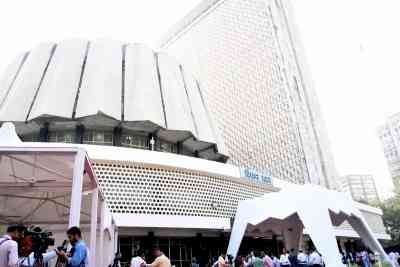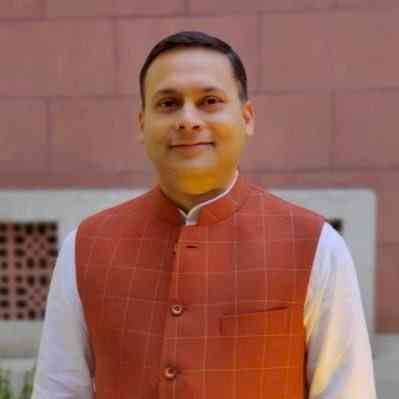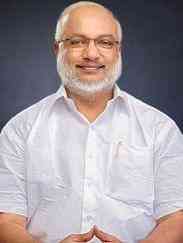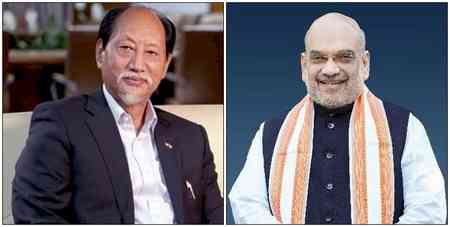Maha to get 96 women MLAs post-quota bill; unsettles many male leaders
Maharashtra is set to get around 95 women MLAs in the 288-member Legislative Assembly when the proposed Women’s Reservation Bill is implemented in the country, unsettling many male politicians across parties.

Mumbai, Sep 20 (IANS) Maharashtra is set to get around 95 women MLAs in the 288-member Legislative Assembly when the proposed Women’s Reservation Bill is implemented in the country, unsettling many male politicians across parties.
Presently, the state’s lower house has only 24 MLAs and a sole woman Cabinet Minister Aditi Tatkare, but after the 33 per cent women’s quota bill is introduced, the state would have around 95 female MLAs.
From the current (24) strength, the BJP has 11, Congress has five, Nationalist Congress Party has three, Shiv Sena has two, Shiv Sena (UBT) has one, and there are two other Independents – totalling to 24.
While all political parties have openly hailed the 33 per cent reservations for women, privately it has unnerved many of the male leaders, particularly those commanding their independent bastions since years, and created doubts about their political future.
A senior Congress leader said that akin to the reserved SC-ST constituencies, it is expected that the seats for women candidates would also be earmarked, compelling all parties to compulsorily field women in those constituencies to ensure the 33 per cent quota in the elected House.
“Depending on when or how soon the 33 per cent reservations are enforced, all political parties would have to heavily juggle with their candidates’ lists, find suitable women nominees for various seats given many other considerations like caste, age, political experience, seniority, etc,” he explained, declining to be quoted.
A NCP (SP) group leader preferring anonymity, said that all parties would now have to focus on and either create a dedicated separate women’s cadre, develop leadership qualities, or strengthen their existing woman’s wings which are generally treated as a ‘formality’, plus “cast the net wide to attract younger, educated women, especially in the rural areas, which will be no mean task”.
Local chieftains of various political parties, who are lording in certain constituencies for years or decades, are seriously worried for their future prospects in case their seat/s is/are suddenly declared as ‘reserved’ for women candidates.
“In such a scenario, they may be compelled ‘to look inhouse’, like mother, wife, daughter, sister, etc. to ensure the seat remains within their control. But it may not always be possible as the people would see through such games and choose to vote for women who are local and rise up the hierarchy through hard work,” said a Shiv Sena (UBT) leader off the record.
Meanwhile, Chief Minister Eknath Shinde, Deputy CMs Devendra Fadnavis and Ajit Pawar, and Leaders of Opposition Vijay Wadettiwar (Assembly) and Ambadas Danve (Council), and heads of major parties have warmly welcomed the move to give greater representation to the fair sex in parliament and legislatures, and make them ‘more empowered’.
Wadettiwar (Congress) pointed out the grand old party had brought the Women’s Reservation Bill long ago and expressed its intentions clearly by giving the country the first woman President (Pratibha Patil), first woman PM (Indira Gandhi).
Since Independence, Congress leaders, point out how in the past they had appointed other women in major posts - the first woman Lok Sabha Speaker (Meira Kumar), several ministers at the Centre and states, governors, chief ministers and Leaders of Opposition, too.
Similarly, political parties like Congress, BJP, AITMC, AIADMK, MGP, BSP, RJD, PDP, have so far given around 16 women CMs in different states over the past 60 years.
The states which have had a women CM at one or more times in the past include: Jammu & Kashmir, Punjab, Rajasthan, Delhi, Uttar Pradesh, Madhya Pradesh, Bihar, West Bengal, Assam, Gujarat, Goa and Tamil Nadu.
(Quaid Najmi can be contacted at: [email protected])


 IANS
IANS 








